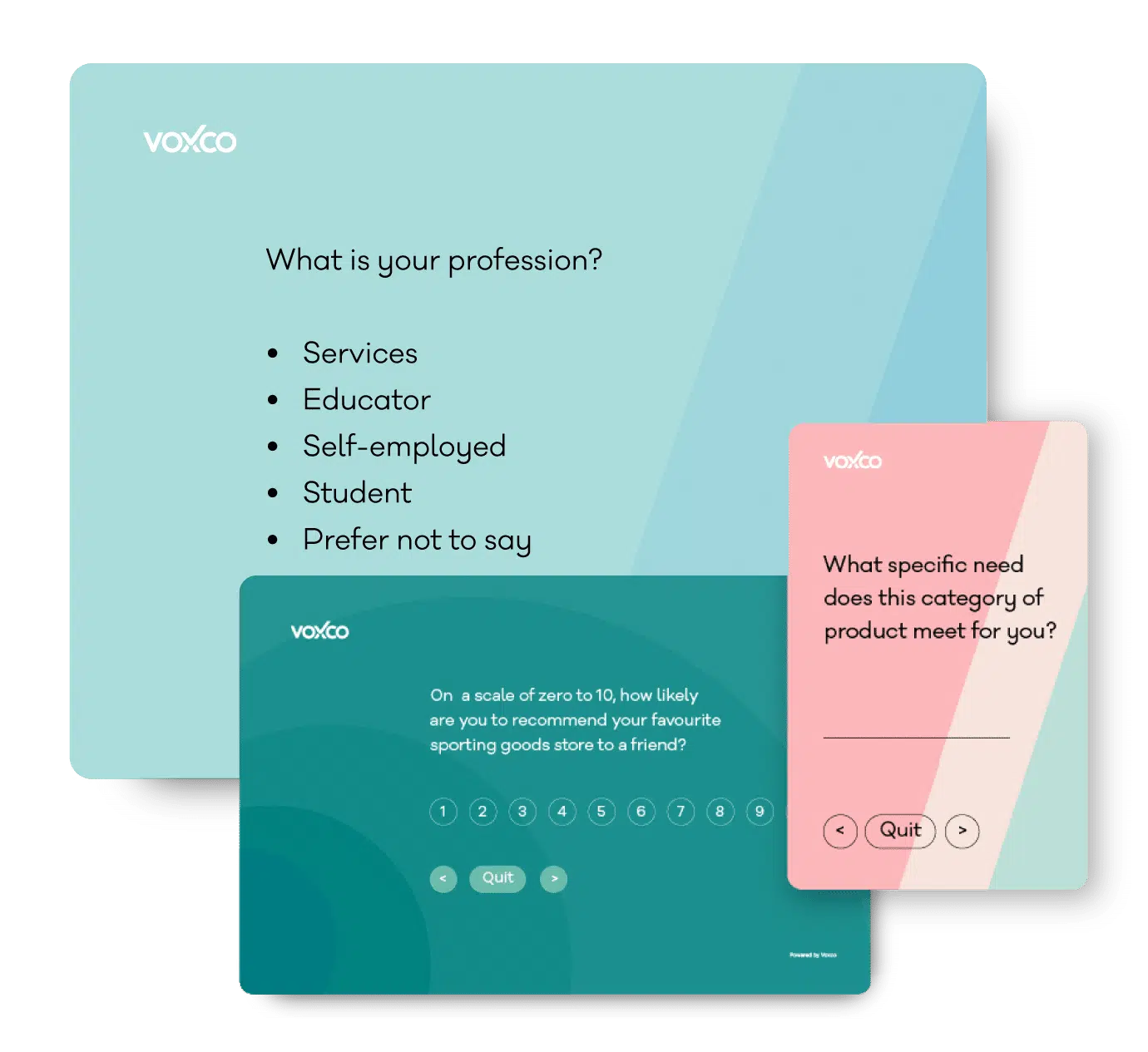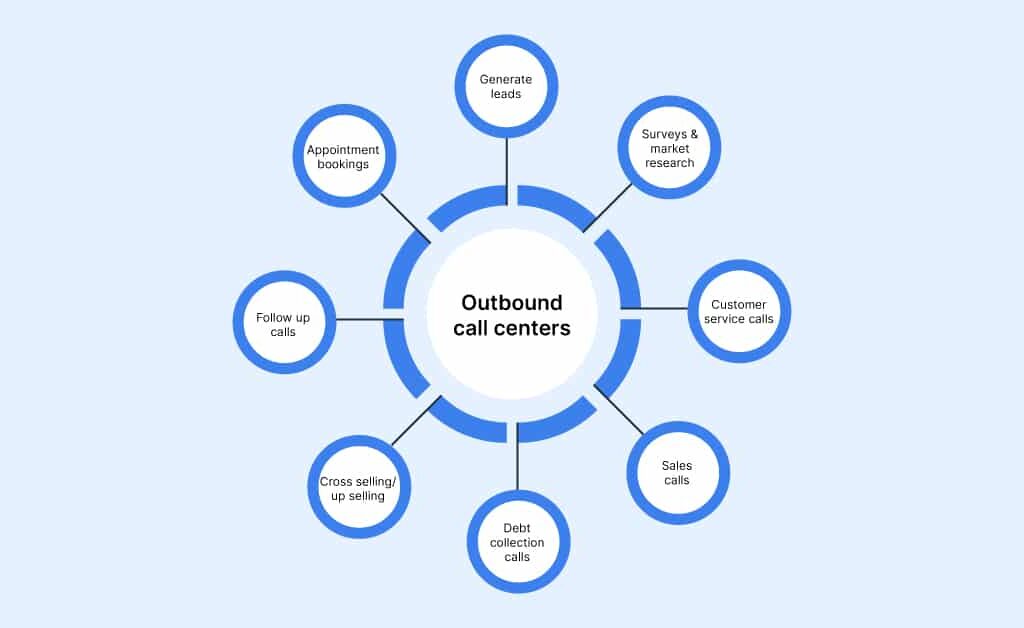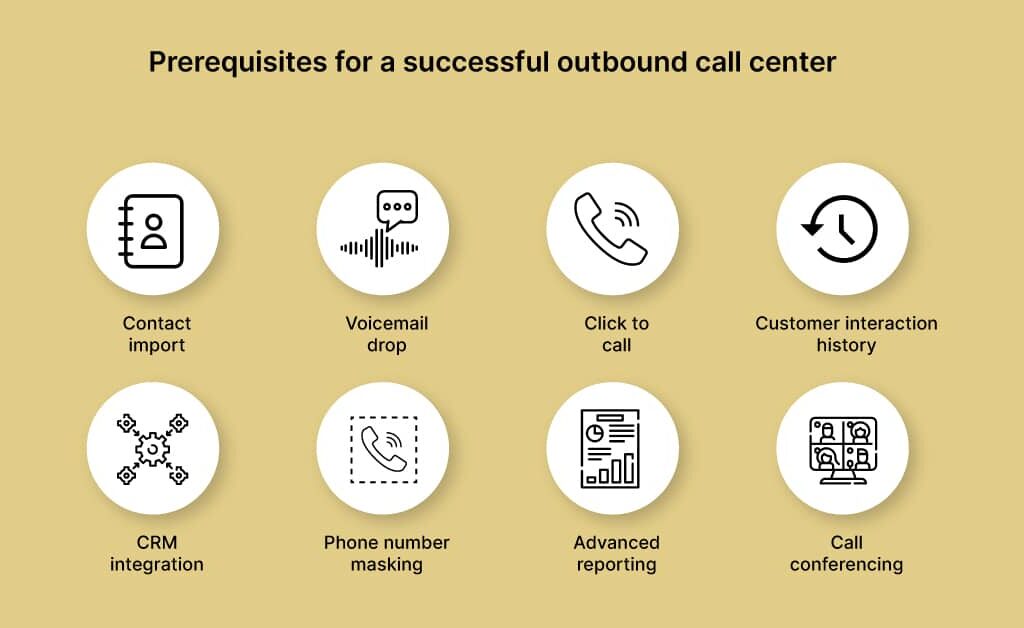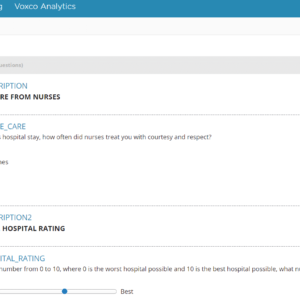
Cloud Contact Center Workflow
Contact Center Workflow Management: Improve Contact Center Productivity Try a free Voxco Online sample survey! Unlock your Sample Survey SHARE THE ARTICLE ON Share on

Find the best survey software for you!
(Along with a checklist to compare platforms)
Take a peek at our powerful survey features to design surveys that scale discoveries.
Explore Voxco
Need to map Voxco’s features & offerings? We can help!
Find the best customer experience platform
Uncover customer pain points, analyze feedback and run successful CX programs with the best CX platform for your team.

We’ve been avid users of the Voxco platform now for over 20 years. It gives us the flexibility to routinely enhance our survey toolkit and provides our clients with a more robust dataset and story to tell their clients.
Steve Male
VP Innovation & Strategic Partnerships, The Logit Group
Explore Regional Offices

Find the best survey software for you!
(Along with a checklist to compare platforms)
Take a peek at our powerful survey features to design surveys that scale discoveries.
Explore Voxco
Need to map Voxco’s features & offerings? We can help!
Find the best customer experience platform
Uncover customer pain points, analyze feedback and run successful CX programs with the best CX platform for your team.

We’ve been avid users of the Voxco platform now for over 20 years. It gives us the flexibility to routinely enhance our survey toolkit and provides our clients with a more robust dataset and story to tell their clients.
Steve Male
VP Innovation & Strategic Partnerships, The Logit Group
Explore Regional Offices

Find the best survey software for you!
(Along with a checklist to compare platforms)
Take a peek at our powerful survey features to design surveys that scale discoveries.
Explore Voxco
Need to map Voxco’s features & offerings? We can help!
Find the best customer experience platform
Uncover customer pain points, analyze feedback and run successful CX programs with the best CX platform for your team.

We’ve been avid users of the Voxco platform now for over 20 years. It gives us the flexibility to routinely enhance our survey toolkit and provides our clients with a more robust dataset and story to tell their clients.
Steve Male
VP Innovation & Strategic Partnerships, The Logit Group
Explore Regional Offices

SHARE THE ARTICLE ON
Call centers communicate with their customers to resolve their grievances through phone calls. Outbound Call Centers imply that the agents make calls to their customers/clients instead of receiving calls from them. The aim of outbound call centers is to make sales, provide service, conduct research, or receive feedback.

Outbound call centers are generally used for
See Voxco in action
Skilled and trained agents who can confidently place calls and hold conversations with clients/customers can bring success and meet business goals. Depending on both, the agents and the software tools can lead to the steady and efficient working of the call center.
Additionally, implementing agent performance reporting and management tools can aid the supervisor to track the agents’ work performance. The supervisors/managers can monitor the outbound calls and supply them with coaching and training.
Moreover, tracking outbound calls can indicate patterns in customer sentiment and provide customer insights that can help supervisors to make well-informed decisions. Training agents with relevant skills and insights to generate successful leads will lead to satisfied agents. Satisfied agents prove to be productive which will contribute to satisfied customers.

Contact Import: The agent should be able to import the existing contacts in the database as a CSV or spreadsheet instead of copy-pasting.
Customer Call History: A view in the dashboard of the previous conversation between the agents and the client/customer. It should also include the conversations that the customer may have had with other agents as well as any special request made by the customer.
CRM Integration: CRM can provide all available information about the customer from the system.
Call Recording: Record all the conversations the agents have with the customers for analysis and reporting.
Call Conferencing: Call conference feature would allow a supervisor or other agent to join the call in case help is required.
Outbound call centers involve measuring some KPIs for the steady operation of the call center. The senior management including the supervisor and managers should analyze these KPIs to ensure the business goal is properly met.


This brings us to the next technique.
It often takes more than a month for an agent to become productive. It is beneficial for the contact center to shorten this time period by giving them more hands-on experience.
Read more

Contact Center Workflow Management: Improve Contact Center Productivity Try a free Voxco Online sample survey! Unlock your Sample Survey SHARE THE ARTICLE ON Share on

Leverage Marketing Mix Modeling to maximize your Research ROI SHARE THE ARTICLE ON Share on facebook Share on twitter Share on linkedin Table of Contents

Siena College Monumental live polling project for midterm elections SHARE THE ARTICLE ON Siena College uses Voxco Survey Software for NYT Upshot Polls. The
Correlation vs Regression SHARE THE ARTICLE ON Share on facebook Share on twitter Share on linkedin Table of Contents To start with the discussion, we

All you need to know about HCAHPS Voxco is trusted by 450+ Global Brands in 40+ countries See what question types are possible with a

How to use NPS Feedback Platform? Create an NPS® Feedback system to leverage customer data the right way. SHARE THE ARTICLE ON Table of Contents
We use cookies in our website to give you the best browsing experience and to tailor advertising. By continuing to use our website, you give us consent to the use of cookies. Read More
| Name | Domain | Purpose | Expiry | Type |
|---|---|---|---|---|
| hubspotutk | www.voxco.com | HubSpot functional cookie. | 1 year | HTTP |
| lhc_dir_locale | amplifyreach.com | --- | 52 years | --- |
| lhc_dirclass | amplifyreach.com | --- | 52 years | --- |
| Name | Domain | Purpose | Expiry | Type |
|---|---|---|---|---|
| _fbp | www.voxco.com | Facebook Pixel advertising first-party cookie | 3 months | HTTP |
| __hstc | www.voxco.com | Hubspot marketing platform cookie. | 1 year | HTTP |
| __hssrc | www.voxco.com | Hubspot marketing platform cookie. | 52 years | HTTP |
| __hssc | www.voxco.com | Hubspot marketing platform cookie. | Session | HTTP |
| Name | Domain | Purpose | Expiry | Type |
|---|---|---|---|---|
| _gid | www.voxco.com | Google Universal Analytics short-time unique user tracking identifier. | 1 days | HTTP |
| MUID | bing.com | Microsoft User Identifier tracking cookie used by Bing Ads. | 1 year | HTTP |
| MR | bat.bing.com | Microsoft User Identifier tracking cookie used by Bing Ads. | 7 days | HTTP |
| IDE | doubleclick.net | Google advertising cookie used for user tracking and ad targeting purposes. | 2 years | HTTP |
| _vwo_uuid_v2 | www.voxco.com | Generic Visual Website Optimizer (VWO) user tracking cookie. | 1 year | HTTP |
| _vis_opt_s | www.voxco.com | Generic Visual Website Optimizer (VWO) user tracking cookie that detects if the user is new or returning to a particular campaign. | 3 months | HTTP |
| _vis_opt_test_cookie | www.voxco.com | A session (temporary) cookie used by Generic Visual Website Optimizer (VWO) to detect if the cookies are enabled on the browser of the user or not. | 52 years | HTTP |
| _ga | www.voxco.com | Google Universal Analytics long-time unique user tracking identifier. | 2 years | HTTP |
| _uetsid | www.voxco.com | Microsoft Bing Ads Universal Event Tracking (UET) tracking cookie. | 1 days | HTTP |
| vuid | vimeo.com | Vimeo tracking cookie | 2 years | HTTP |
| Name | Domain | Purpose | Expiry | Type |
|---|---|---|---|---|
| __cf_bm | hubspot.com | Generic CloudFlare functional cookie. | Session | HTTP |
| Name | Domain | Purpose | Expiry | Type |
|---|---|---|---|---|
| _gcl_au | www.voxco.com | --- | 3 months | --- |
| _gat_gtag_UA_3262734_1 | www.voxco.com | --- | Session | --- |
| _clck | www.voxco.com | --- | 1 year | --- |
| _ga_HNFQQ528PZ | www.voxco.com | --- | 2 years | --- |
| _clsk | www.voxco.com | --- | 1 days | --- |
| visitor_id18452 | pardot.com | --- | 10 years | --- |
| visitor_id18452-hash | pardot.com | --- | 10 years | --- |
| lpv18452 | pi.pardot.com | --- | Session | --- |
| lhc_per | www.voxco.com | --- | 6 months | --- |
| _uetvid | www.voxco.com | --- | 1 year | --- |